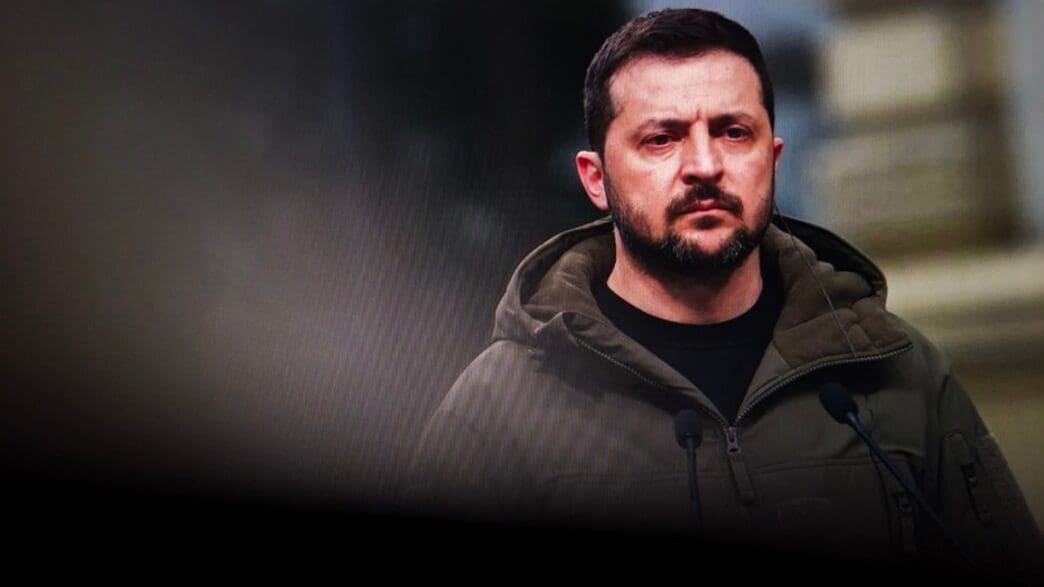Executive Summary
The Story So Far
Why This Matters
Who Thinks What?
Ukrainian President Volodymyr Zelensky is set to engage with nearly 50 European leaders in Copenhagen, seeking to reinforce support for Kyiv’s defense against Russia, particularly as US financial assistance under President Trump faces uncertainty. The discussions aim to strengthen Europe’s own security, potentially through a “drone wall” utilizing Ukraine’s combat experience, and to address Ukraine’s stalled bid for EU membership amidst Hungarian opposition.
European Political Community Convenes Amid Security Concerns
Leaders from just under 50 countries gathered in Copenhagen for a meeting of the European Political Community. The event, hosted at Amalienborg Palace on its eve, follows recent drone incidents in Denmark and high-profile aerial incursions by Moscow into Estonia and Poland. These events have amplified concerns among European nations about Russia’s aggression extending beyond Ukraine’s borders, prompting calls for bolstered collective defense.
Danish Prime Minister Mette Frederiksen warned that Russia is “threatening us, and they are testing us, and they will not stop.” Her comments came after an initial day of defense talks with leaders from the 27-nation European Union, highlighting the perceived urgency of enhancing European security measures.
Financial Support for Ukraine and Frozen Russian Assets
A key item on the summit’s agenda was a proposal to leverage frozen Russian assets to secure a new 140-billion-euro loan for Ukraine. Proponents argue this measure is crucial to help Kyiv address its budget shortfalls, asserting that Russia, not European taxpayers, should ultimately bear the cost of its violations and destruction.
Prime Minister Frederiksen stressed that European support for Ukraine is a direct investment in the continent’s own security, necessitating long-term financing for Ukraine’s armed forces. However, Belgium, where the majority of these frozen assets are held, has raised questions regarding the plan. EU chief Ursula von der Leyen acknowledged that the risk should not fall solely on Belgium and committed to intensifying talks on the proposal.
Ukraine’s EU Accession and Hungarian Obstruction
As he arrived at the summit, President Zelensky urged the EU “to keep its promises” to Ukraine regarding its bid to join the bloc. Despite officials in Brussels and Kyiv asserting that Ukraine has fulfilled the necessary legal requirements to advance accession negotiations, Hungarian leader Viktor Orban continues to obstruct Kyiv’s progress.
Orban explicitly stated his opposition to Ukraine’s swift EU accession, arguing that it would introduce war into the European Union and divert significant financial resources to Ukraine. He also remains an outlier in the EU’s efforts to cease purchasing Russian oil and gas, insisting that landlocked Hungary cannot halt these imports from Russia.
President Trump has also demanded that NATO allies cease purchasing fossil fuels from Moscow before he would proceed with sanctions intended to pressure the Kremlin to end the conflict in Ukraine. Orban, a vocal supporter of Trump in the EU, maintained Hungary’s stance, despite criticism from other European leaders.
Addressing EU leaders via videolink, President Zelensky directly challenged Hungary’s position, stating that “those who choose ties with Russia instead of America, are going against both Europe and the US.” He expressed hope that Hungary would heed the collective signals from other European nations.
European Defense and Drone Expertise
Beyond financial aid and accession, European leaders are keen to collaborate with Ukraine, drawing on its war-tested drone expertise to bolster their own defenses. This includes plans to build a “drone wall” to counter potential threats from Moscow, reflecting a growing urgency for collective security measures across the continent.
Outlook
The Copenhagen summit underscores Europe’s dual challenge of sustaining robust support for Ukraine against Russian aggression while navigating internal divisions, particularly from Hungary. With President Trump’s stance potentially reducing US aid, Europe’s commitment to Ukraine’s defense and integration into the bloc takes on heightened significance for regional stability and collective security in the years ahead.








